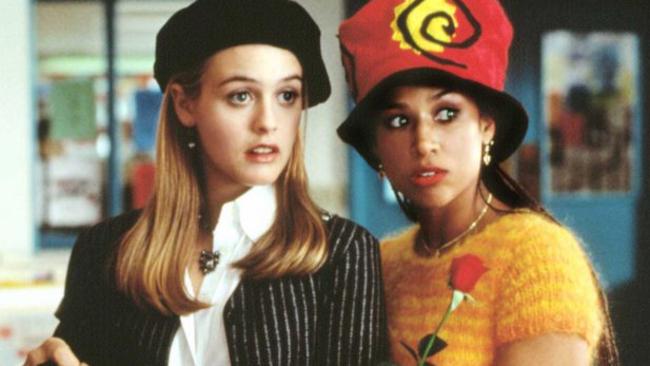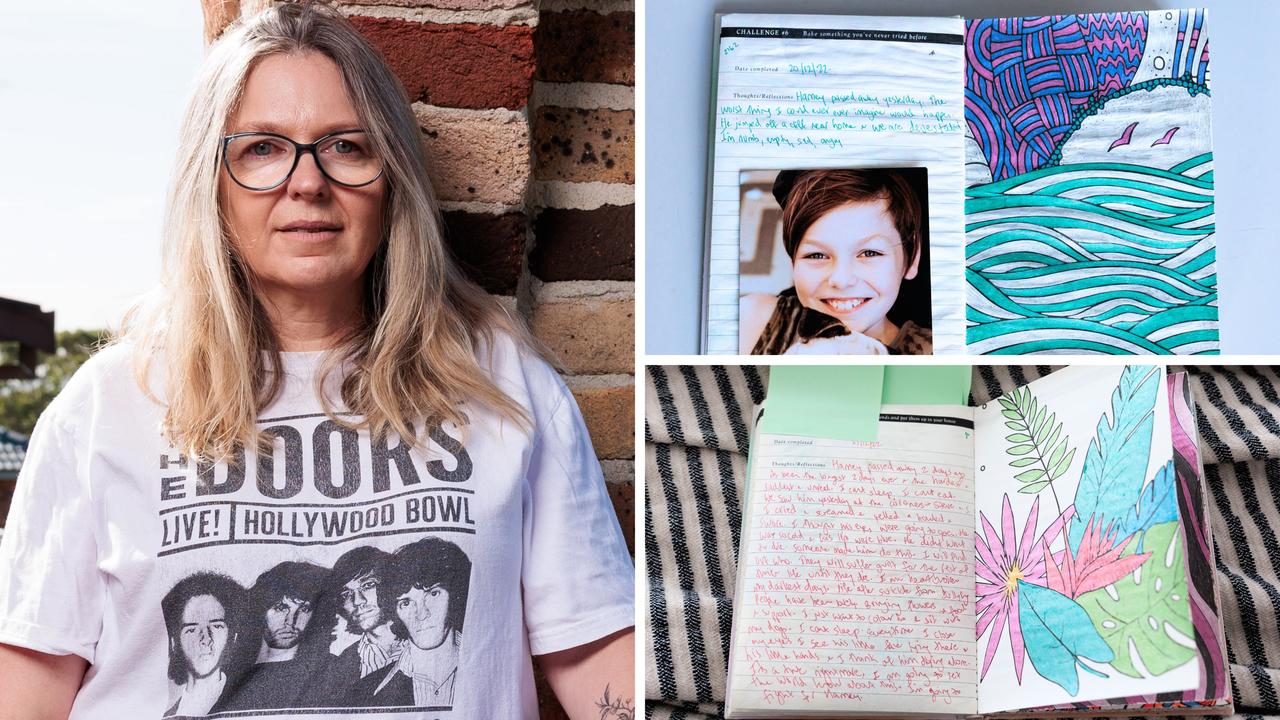The use of ‘like’ in conversation has been around since 1200
THOUGHT the overuse of the word ‘like’ was only a recent thing? Turns out, it’s probably been annoying people for centuries.

YOU would be severely mistaken if you considered the growth of ‘like’ in conversation to be a dumbing down of the language.
The peppering of like in conversation has become associated with a bubblegum chewing, vapid female characters as of the 1980s when Valley girls began using the term, but it has actually been in used since the 1200s.
It’s prolific use in today’s world can be traced back to people like popular author Jack Kerouac, character such as Shaggy in Scooby-doo and the jazz and beat movements in the 1950s and 60s.
Associate Professor Alexandra D’Arcy, the director of the Sociolinguistics Research Lab at the University of Victoria, argues that the belief that ‘like’ makes speakers sound vacuous is harmful and misinformed.
It actually works as a conversational tool, one that has developed, like other terms that seem optional.
Dr D’Arcy said like developed much like other discourse markers such as ‘you know’, ‘I mean’ and indeed which help listeners navigate unplanned, spoken conversation.
She provided three examples of ‘like’ being used as a conversational marker from around the world more than 100 years ago.
1. And he writes to me. Like until his death, he used to write to me quite frequently. (New Zealand speaker, born 1874)
“Here the like is signalling that the speaker is going to clarify her meaning.”
2. They never went out in a small canoe. Like we went from here to Cape Beale. They had great large war canoes. (Canadian speaker, born 1875)
“Here the like is signalling that the speaker is going to elaborate on her point and clarify the first statement.”
3. I’d probably missed something you see to begin with. Like I missed one term when I was in the third year at Modern School. (Australian speaker, born 1897)
“Here the like is signalling that the speaker is going to elaborate on the first statement.”
So next time you look to judge a someone on their use of ‘like’ in conversation, you might want to, like, not.



